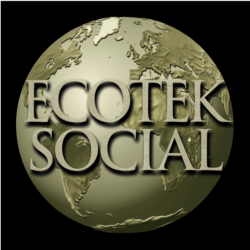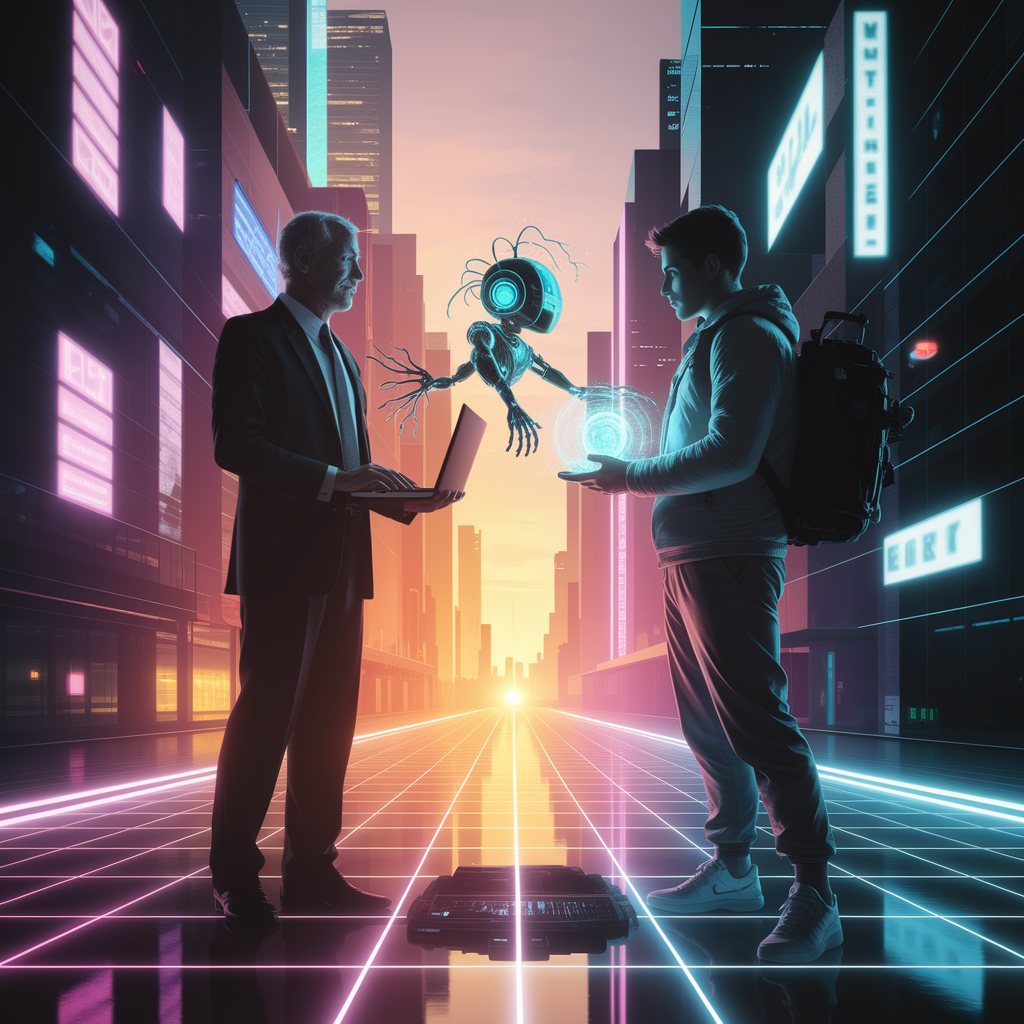The Clash of Journeys in the Age of AI
For decades, the path to expertise was a revered journey—a grueling ascent marked by years of disciplined learning, countless setbacks, and the slow, deliberate mastery of a craft. As a tech enthusiast, educator, and entrepreneur, I’ve long held this journey in high esteem. The hours spent refining skills, the resilience built through failure, and the pride of becoming a leader in one’s field were the cornerstones of achievement. But the rise of artificial intelligence (AI) has upended this paradigm, ushering in an era where the untrained, the untested, and the uninformed are achieving staggering success with the aid of AI tools. This seismic shift has sparked a profound internal conflict—a clash between the traditional “learning journey” and the new “doing journey”—leaving those of us who have dedicated our lives to mastery grappling with feelings of obsolescence, frustration, and existential unease.
The Erosion of Expertise: AI as a Great Equalizer
At the heart of this upheaval lies a fundamental redefinition of achievement. Historically, fields like web development, graphic design, and data analysis demanded years of dedicated study. Take web development, for instance: becoming proficient once required mastering programming languages like HTML, CSS, and JavaScript, understanding design principles, and navigating the intricacies of server management. It was a journey that could take years, if not decades, to fully realize. Today, however, AI-powered tools have demolished these barriers. A teenager with no technical background can now use an AI website builder to create a polished, professional-grade site in hours—a product that rivals the work of a seasoned developer. This phenomenon extends beyond web development to graphic design, content creation, and even complex data analysis, where AI tools enable novices to produce results that once required specialized expertise.
This democratization of skills is both a marvel and a source of deep discomfort. On one hand, AI has leveled the playing field, granting access to tools and opportunities that were once reserved for the highly trained. On the other hand, it has undermined the perceived value of years of hard-won expertise. For those of us who have spent our lives climbing the ladder of mastery, this feels like a betrayal of the very principles we’ve lived by. The countless hours, the sacrifices, the dedication—it’s hard to accept that these may no longer matter in an AI-driven world where anyone with a prompt and a tool can achieve comparable results. As the World Economic Forum has noted, AI is rendering traditional education models obsolete, forcing us to confront a harsh reality: the skills we’ve spent lifetimes cultivating may now be a mere footnote in the age of automation.
The Psychological Toll: A Crisis of Identity and Value
The psychological impact of this shift cannot be overstated. For those who have prided themselves on being at the top of their game—whose identities are deeply intertwined with their expertise—the rise of AI feels like a personal affront. It challenges our sense of self, our understanding of value, and our expectations of reward. We are forced to confront an uncomfortable truth: what was once our greatest asset—our hard-earned knowledge—may now be a liability in a world that increasingly prioritizes speed, adaptability, and fearlessness over depth and precision.
This crisis of identity is compounded by a stark observation about the new rules of success. In today’s AI-driven landscape, it often seems that the less integrity, the less skill, the less logic, and the less fear of consequence one has, the more likely they are to thrive. Those of us raised in a world where actions had tangible consequences—where risks were weighed, ethical implications considered, and standards upheld—find ourselves at a disadvantage. We are conditioned to approach challenges with caution and deliberation, but the current environment rewards audacity and rapid experimentation over careful preparation. This is not a judgment on the character of those who succeed in this new paradigm, but rather a reflection of the cultural context in which they’ve been raised—a context that prioritizes boldness over experience.
The Fearless Generation: A Cultural Divide
Nowhere is this cultural divide more evident than in the success of the younger generation. Teenagers—15-, 16-, and 17-year-olds—are thriving in this AI-driven world, often “wiping the floor” with seasoned professionals. They’ve grown up in an environment where failure is not a catastrophe but a stepping stone, where rapid iteration is the norm, and where consequences seem distant, if not entirely absent. They don’t fear that something will go wrong, that someone will get hurt, or that they’ll lose everything. To them, the world is a playground of limitless possibility, and AI is their ultimate enabler.
Consider a young entrepreneur launching a business in today’s market. Using AI, they can generate a series of marketing campaigns, test them in real-time, and discard those that underperform—all without the fear of wasting significant resources. They might release a product with minimal testing, relying on AI-driven analytics to identify and address issues as they arise. By traditional standards, this approach might seem reckless, even irresponsible. But in the fast-paced, AI-driven marketplace, it’s remarkably effective. The fearlessness and agility of these young innovators are a direct result of their upbringing—a cultural shift that has instilled in them a disregard for traditional constraints and a belief in the power of experimentation.
A Brave New World: Opportunity Amid Disruption
This is, indeed, a brave new world—one of unprecedented opportunity but also profound disruption. For those of us who have paid our dues, the triumph of the untrained is a bitter pill to swallow. It’s tempting to cling to the past, to lament the erosion of traditional expertise, and to rail against the perceived unfairness of it all. But such a response is ultimately self-defeating. As the old saying goes, “If you can’t beat them, join them.” The rules of the game have changed, and to thrive, we must adapt. This does not mean abandoning our values or compromising our integrity. Rather, it means embracing new tools, rethinking our approach, and finding ways to leverage AI to enhance—not replace—our existing expertise.
The rise of AI is not just a story of technological disruption; it’s a story of human adaptability and resilience. While the traditional pathways to success have been upended, this does not mean our skills are irrelevant. Instead, we must find new ways to apply them. We can use AI as a collaborator, harnessing its power to amplify our creativity, streamline our workflows, and explore new possibilities. At the same time, we must embrace the “doing” journey—adopting the fearlessness and agility of the younger generation while tempering it with the wisdom of experience. By combining the best of both worlds, we can create a powerful synergy of innovation and expertise.
Embracing Change, Shaping the Future
The unsettling triumph of the untrained, fueled by the rise of AI, presents a profound challenge to our understanding of achievement and expertise. It forces us to confront difficult questions about value, identity, and the nature of success in a rapidly changing world. But it also offers an opportunity for growth and reinvention. By embracing change, leveraging AI as a tool, and adapting our approach, we can navigate this brave new world and continue to thrive.
The future belongs not to those who cling to the past, but to those who are willing to embrace the present and shape the future. We must learn from the fearlessness of the younger generation while contributing the wisdom of our experience. This powerful combination of innovation and insight will enable us to not only survive the AI-driven disruption but to lead it. The journey of mastery may have evolved, but its essence remains the same: a commitment to growth, adaptation, and the relentless pursuit of excellence. In this new era, the true triumph lies not in resisting change, but in harnessing it to create a future where expertise and innovation coexist in harmony.

